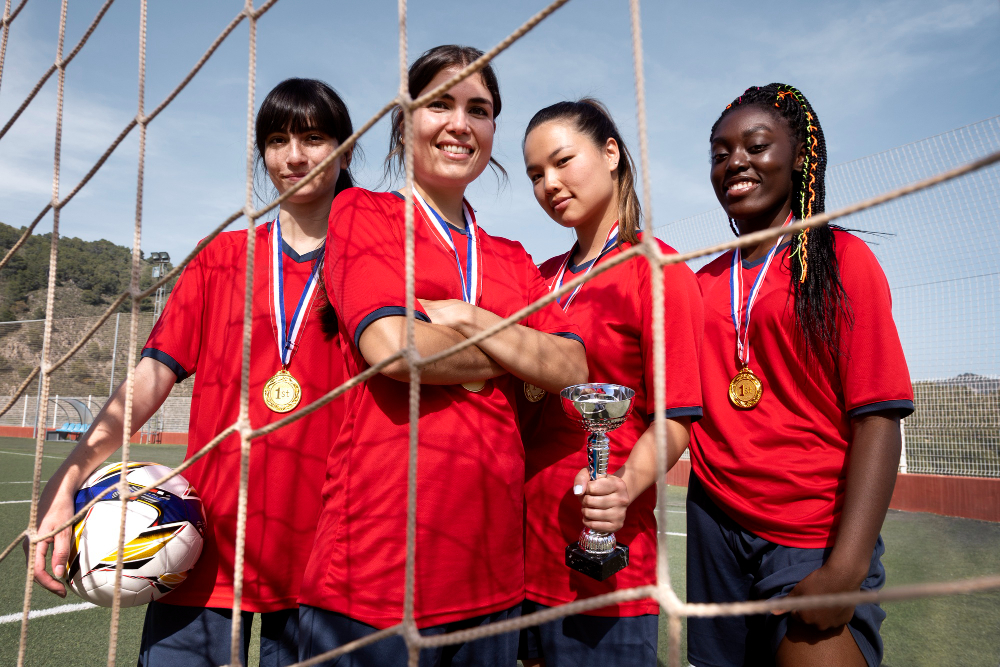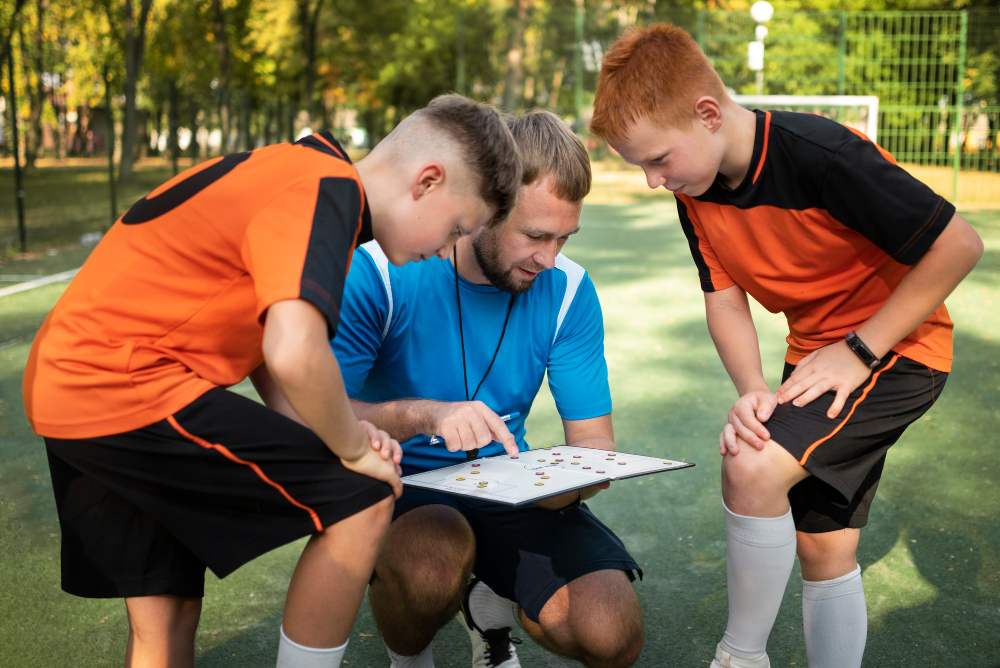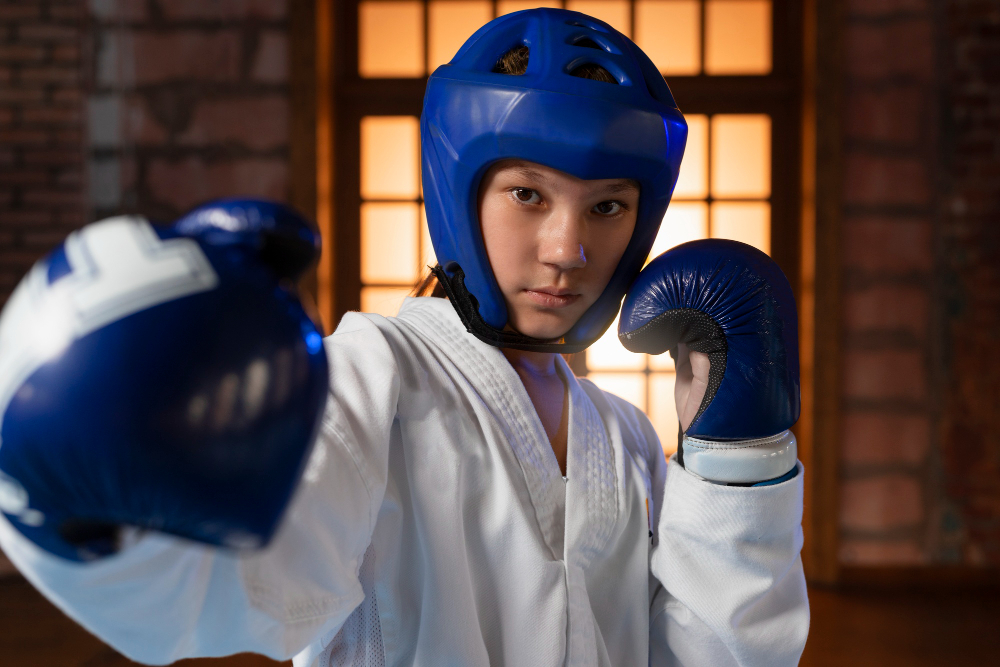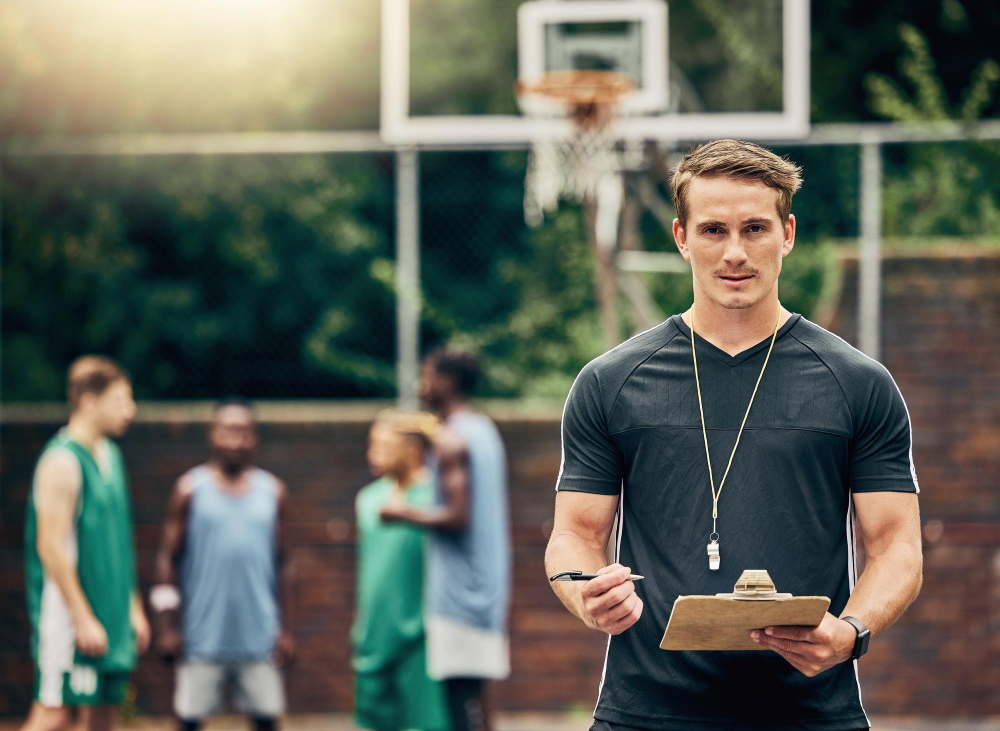Why athletics are important for students
- 1 Importance of Athletics For Students
- 1.1 Physical Health and Well-being:
- 1.2 Academic Performance:
- 1.3 Character Development:
- 1.4 Social Skills and Emotional Well-being:
- 1.5 Time Management and Goal Setting:
- 2 Types of Atletic Sports For Students
- 2.1 Team Sports:
- 2.2 Individual Sports:
- 2.3 Water Sports:
- 2.4 Combat Sports:
- 3 Conclusion:
Hello! Athletic games are the secret superheroes of students in this crazy school world. Running around is not the only way to become awesome in life.
Athletics play a crucial role in the overall development of students, offering a myriad of physical, mental, and social benefits. Beyond the obvious advantages of improved physical fitness, engagement in sports fosters character development enhances academic performance and instills valuable life skills. This article explores the multifaceted importance of athletics for students, highlighting key areas of impact.
Importance of Athletics For Students

Physical Health and Well-being:
Participation in athletics contributes significantly to the physical health and well-being of students. Regular exercise helps maintain a healthy weight, strengthens muscles and bones, and enhances cardiovascular fitness. Additionally, engaging in sports activities promotes better coordination, flexibility, and overall physical endurance. These benefits not only contribute to immediate well-being but also lay the foundation for a healthier lifestyle in the long run.
Academic Performance:
Guess what? It’s not just about your muscles. Maintaining a fit body is like giving your mind a boost. Moving around helps you perform better at school, according to studies. Being a sports champion teaches you how to manage your time like a superhero. Contrary to the misconception that sports may distract students from academics, research consistently shows a positive correlation between participation in athletics and academic performance. Student-athletes often exhibit improved concentration, time management skills, and discipline, which are transferable to their academic pursuits. The structured routines of athletic training can also instil a sense of responsibility and commitment, positively impacting students’ academic achievements.
Character Development:
Athletics serve as a powerful tool for character development. The challenges and setbacks inherent in sports provide students with opportunities to develop resilience, perseverance, and the ability to cope with failure. Through teamwork, students learn cooperation, communication, and the importance of collective effort. These character-building experiences acquired on the field are invaluable in shaping well-rounded individuals who are better prepared for the challenges of life beyond the school environment.
Social Skills and Emotional Well-being:
Participating in team sports fosters social skills and emotional well-being. Teamwork encourages collaboration, communication, and the ability to work harmoniously with others towards a common goal. The camaraderie developed in athletic settings often translates into lasting friendships, creating a positive and supportive social network for students. Additionally, the endorphins released during physical activity contribute to improved mood and reduced stress levels, enhancing emotional well-being.
Time Management and Goal Setting:
Athletics require students to balance their time effectively between training, competitions, and academic responsibilities. This necessity for effective time management teaches students to prioritize tasks, set goals, and create a structured schedule. These skills are transferable to various aspects of life, helping students become more organized and proactive in managing their time and resources.
Types of Atletic Sports For Students
Team Sports:

Team sports provide students with opportunities for collaboration, communication, and shared victories. These activities foster a sense of belonging and collective responsibility.
- Soccer (Football): Globally popular, soccer encourages teamwork strategic thinking, and enhances cardiovascular fitness. Players learn coordination and cooperation on the field.
- Basketball: This fast-paced sport not only improves physical fitness but also emphasizes strategic gameplay, agility, and endurance. It instils a sense of camaraderie among team members.
- Volleyball: With a focus on teamwork and communication, volleyball enhances hand-eye coordination and reflexes. The sport encourages a supportive team environment.
Individual Sports:

Individual sports allow students to focus on personal skill development, self-discipline, and the pursuit of personal goals. These activities can promote a sense of independence.
- Tennis: Whether played individually or in doubles, tennis emphasizes agility, precision, and cardiovascular fitness. It provides an opportunity for players to hone their skills.
- Golf: As an individual sport, golf stresses technique, concentration, and sportsmanship. Students develop physical skills while also learning to navigate the mental aspects of the game.
- Track and Field: Incorporating various events track and field activities, such as running, jumping, and throwing, helps students enhance their athletic abilities. It’s a platform for showcasing personal strengths.
Water Sports:

Water sports offer a unique set of challenges, combining physical exertion with aquatic elements. These activities can enhance overall fitness while providing a refreshing change.
- Swimming: A full-body workout, swimming improves cardiovascular health, strength, and endurance. It also teaches valuable water safety skills.
- Rowing: Involving teamwork and synchronized movements, rowing fosters physical fitness and develops a strong sense of coordination among team members.
- Water Polo: Combining aspects of swimming and team sports, water polo promotes cardiovascular fitness, teamwork, and strategic thinking in an aquatic setting.
Combat Sports:

Combat sports not only enhance physical strength and agility but also instil discipline, self-control, and respect for opponents.
- Martial Arts (e.g., Karate, Taekwondo): These disciplines promote physical fitness, self-defence skills, and mental focus. They emphasize respect and self-discipline.
- Boxing: A sport that requires both physical and mental toughness, boxing improves cardiovascular fitness, strength, and agility. It also teaches discipline and sportsmanship.
- Wrestling: Combining strength, strategy, and technique, wrestling encourages physical fitness and mental resilience. It fosters a competitive yet respectful spirit among participants.
Engaging in a variety of athletic sports allows students to explore their interests, develop a range of skills, and experience the numerous physical and mental benefits associated with regular physical activity.
Conclusion:
In conclusion, athletics offer a holistic approach to student development, encompassing physical health, academic performance, character development, social skills, and emotional well-being. Schools that prioritize and support athletic programs provide students with a comprehensive platform for growth and self-discovery. By recognizing and fostering the importance of athletics, educational institutions contribute not only to the immediate well-being of students but also to their long-term success in various aspects of life.















